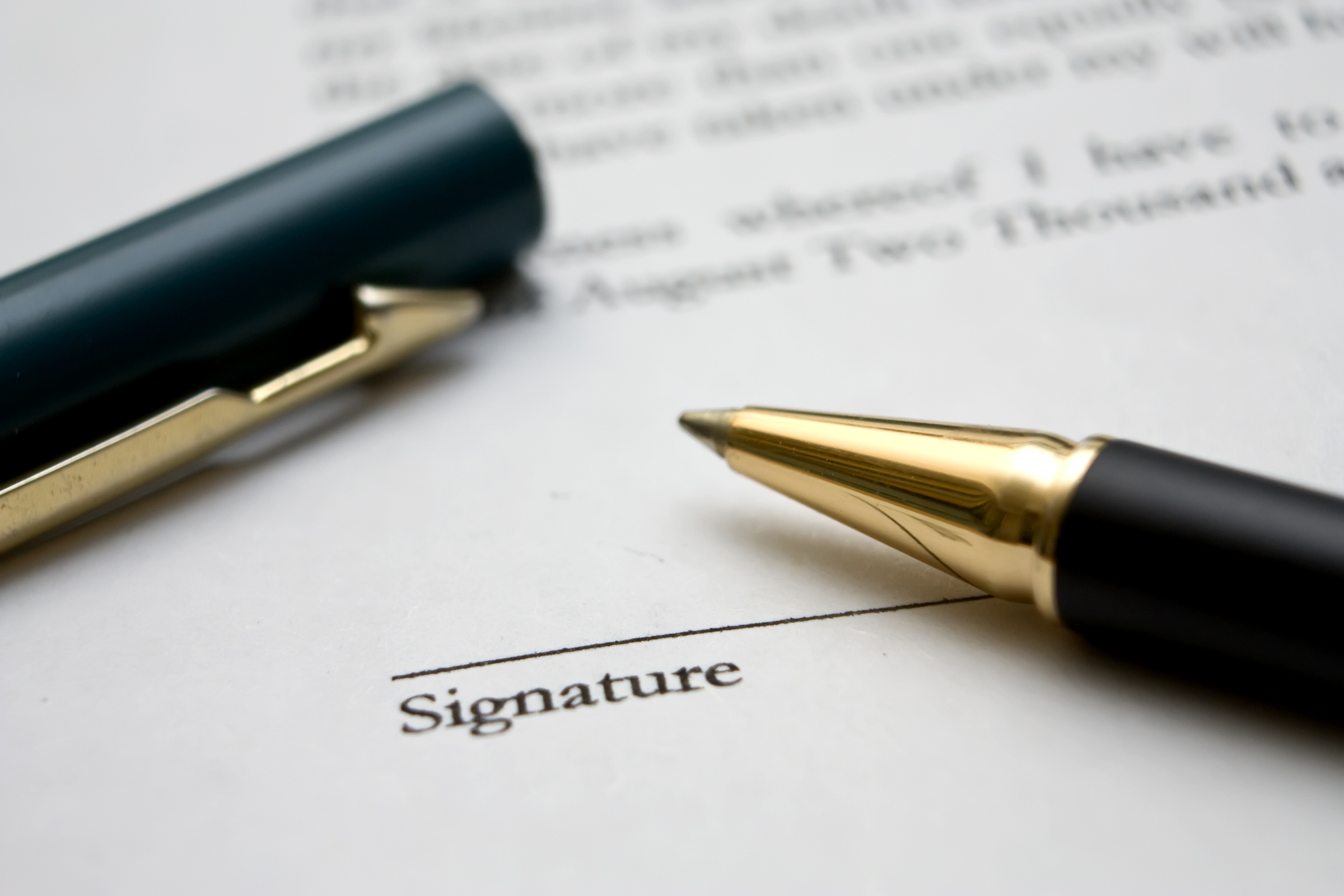To grant someone a Power of Attorney is giving someone a document that legally enables them to make financial and welfare decisions for you, should you ever be in a position where you are unable to make these decisions for yourself. Of course the ‘catch’ is that you need to have put this in place while you are still compos mentis.
If you should ever be in the unfortunate position of not being able to look after your own affairs, and there is no document in place that allows a trusted person to make these decisions for you, your family or friends may have to go to court to gain the authority required to act on your behalf. This can be a complicated and lengthy process and even then, full control may not be granted.
Consider the case of the Batemans a few years back. When Heather’s husband was incapacitated in an accident, and without a Power of Attorney in place, she was not legally able to access any of his money. She had to apply to the Court of Protection, and even when she finally got permission to manage her husband’s finances, there were very strict conditions applied, such as not being able to write a cheque for more than £500 which made it very difficult for her to even pay for their daughter’s university fees.
Equally important as having a Power of Attorney in place is deciding who your attorney should be. Some feel that it makes sense that there should be more than one so that the one attorney checks the other. And since in this day and age, you cannot be too careful, it might be a good idea to nominate a replacement attorney in case your originally chosen one is unable to act for you.
Deciding who your attorney should be is not a decision to be taken lightly. When thinking about the person you want to nominate, ask yourself questions like, ‘How well does this person look after their own affairs?’ and ‘Do I trust them to make decisions that will be in my best interests?’ Think about how well you know them and make sure that your positive perception of this person is based on factual information that you know and is not anecdotal. Choosing someone because they ‘seem to be a good guy’ could prove to be disastrous. It was only this past February that a Kidderminster clergyman was found guilty of siphoning off £60,000 from his ill friend after he had been entrusted to act as his Power of Attorney. This was only discovered after his ill friend passed away and solicitors scrutinised the deceased’s estate during the probate process. Lastly, before you choose somebody, make sure that they actually want to act as your Power of Attorney should the need ever arise.
As ever in life, it pays to be prepared.

